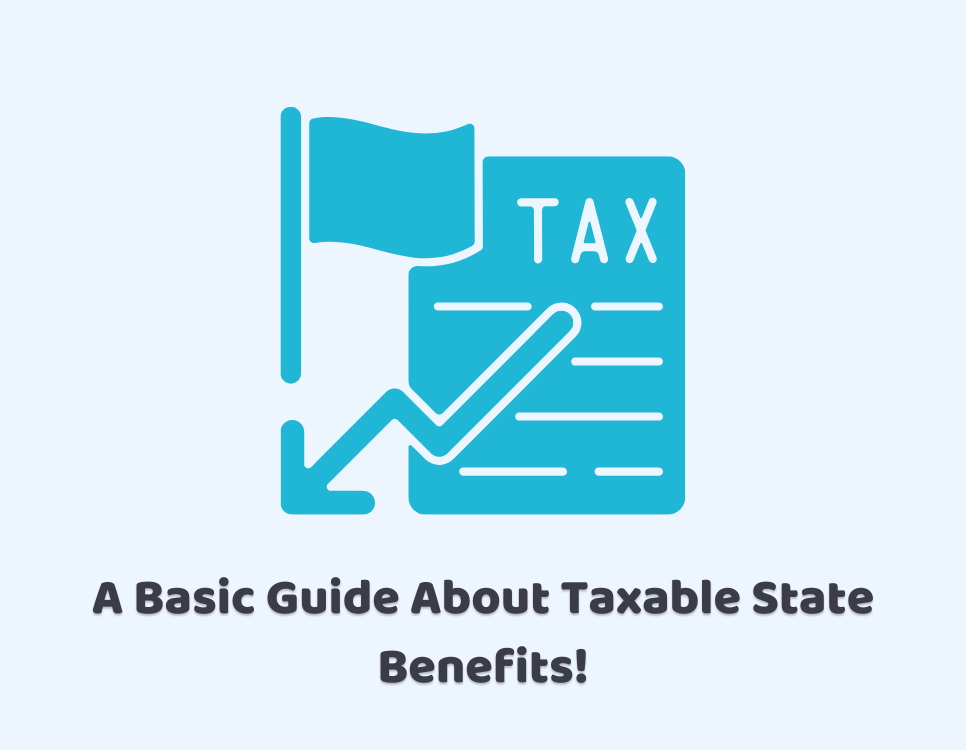26/07/2022Tax Issues , Tax Saving Tips
People are often confused about the way tax is paid when it comes to taxable state benefits. We all know that it is a little complicated tax affair to understand well. If you are among such a group of people, we are here to help. In the case you are lucky enough to get the …
Read more
